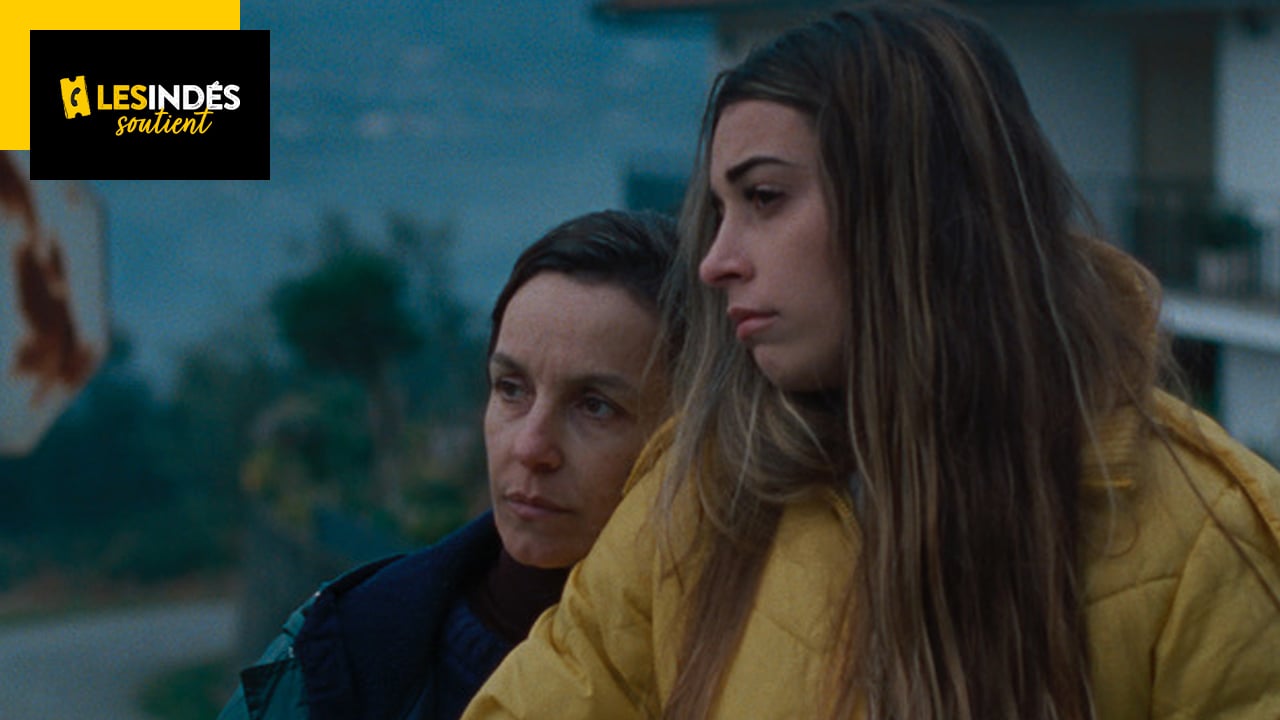
“I think it is very important that we indigenous people photograph our struggle, and defend our lands,” photographer Tangãi Uru-Eu-Wau-Wau said in a letter he wrote from inside the reserve. “Those who live in the village experience these things as they happen. We live through threats, land invasions, people monopolizing our lands, lumberjacks. Through photography, we can document key aspects of our society.”
Among the main characters is Petati Oro-o-wow-wow, 22, who must suddenly take over the tribal organization, Juba, after the brutal murder of his comrade Ari in a town very close to the reserve, in the year 2020 and the Brazilian authorities said they arrested On the suspect in the case, but released few details.
In a WhatsApp message written from a control point on the territory’s border, Petit captured to National Geographic He hopes that the film can raise awareness among audiences, inside and outside Brazil, of the reality that Uru-Eu-Wau-Wau faces on a daily basis. “I want the world to know my people, to understand that we are a hardworking people and always strive to protect their lands by all means.”
The fight continues
The documentary is also innovative in that Britz and his team have access to footage of settlers seeking to take over the reserve’s land. Cameras follow budding settlers with their chainsaws, toppling century-old trees and setting fire to the forest: testimony to a purely illegal land grab.
Like the desperate settlers who flooded Rondônia in the 1980s, complaining that the indigenous population had “too much land,” these newcomers see themselves as champions of progress, and the key to Brazil’s future prosperity. “It pains me that we are seen as criminals, as if we are the ones doing the damage to the country,” says a young settler named Martins, speaking to the camera as he sets the plot of land he just cleared on fire. “In the end, the government will support us, but only after we start working.”
The older settler, Sergio, is depicted leading a highly organized act of seizing a large portion of the land in the center of the reserve, enough to settle 1,000 families. He speaks with frank bitterness about the Oro-o-wow-wow: “They do not work in agriculture. They produce nothing. They only live there.”
By comparing his experiences with a report National Geographic In 1988, Pritz drew parallels between the dynamics at play on the borders of Rondonia at the time, and those we observe today. “I feel that any of the quotes from the magazine could carry over into the movie, or that one quote from the movie could carry over into this article, word for word,” Pritz said with regret.





